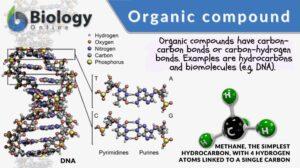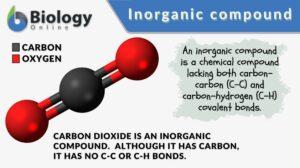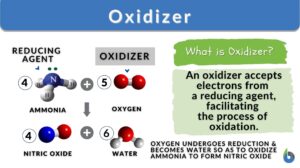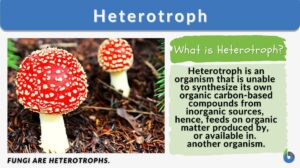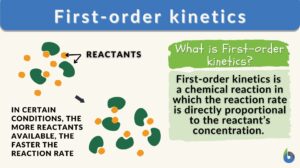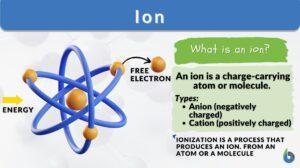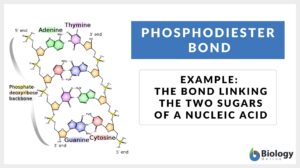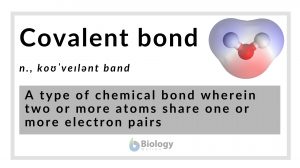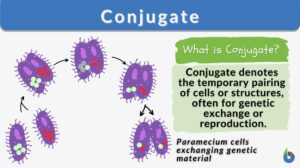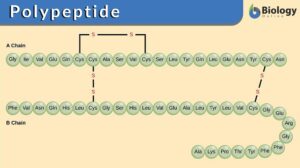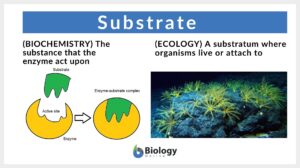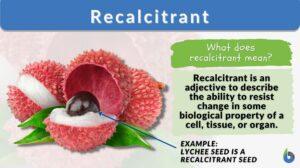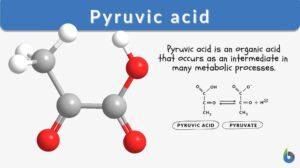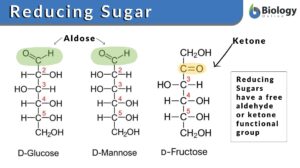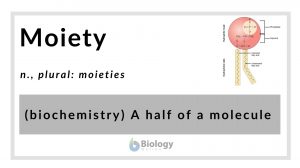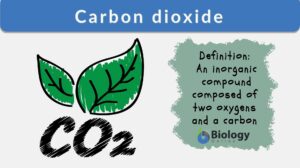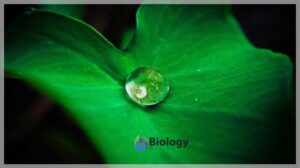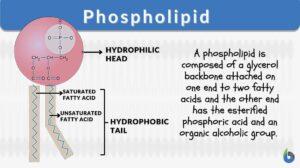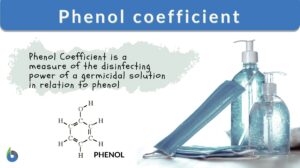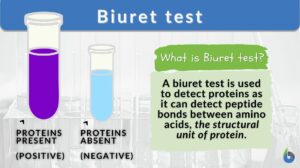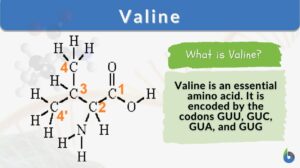Search Results for: organic chemistry
Organic compound
Organic Compound Definition An organic compound is a compound that, in general, contains carbon covalently bound to other... Read More
Organic chemistry
organic chemistry (Science: chemistry) A branch of chemistry that deals specifically with the structures, synthesis and... Read More
Inorganic compound
Inorganic Compound Definition An inorganic compound is a chemical compound lacking both carbon-carbon (C-C) and... Read More
Dehydration reaction
What is dehydration synthesis? A dehydration reaction is a form of biochemical reaction wherein a water molecule is lost or... Read More
Biorefineries – Industrial Processes and Products: Status Quo and Future Directions
Biorefineries - Industrial Processes and Products: Status Quo and Future Directions ... Read More
Heterotroph
Heterotroph Definition What is a heterotroph? Does a heterotroph make its own food? In biology and ecology, a heterotroph... Read More
First-order kinetics
What is a First-Order Kinetics (First-Order Reaction)? First-order kinetics refers to a reaction wherein the overall rate... Read More
Phosphodiester bond
Phosphodiester Bond Definition Phosphodiester bonds are the backbone of the strands of nucleic acid present in the life... Read More
Covalent bond
Covalent Bond Definition What is a covalent bond? In chemistry and other fundamental science fields, a covalent bond is... Read More
Polypeptide
Polypeptide Definition Biology What are polypeptides? A polypeptide is defined as a polymer of amino acids joined together... Read More
Recalcitrant
Several words of the English language find wide usage in subjects as diverse as literature, science, social science,... Read More
Pyruvic acid
What is Pyruvic Acid? Pyruvic acid is an organic acid that occurs as an intermediate in many metabolic processes. It occurs... Read More
Reducing sugar
Reducing Sugar Definition What is reducing sugar? The type of sugar that acts as the reducing agent and can effectively... Read More
Carbon dioxide
Carbon Dioxide Definition noun, car·bon di·ox·ide, /daɪˈɒksaɪd/ (biochemistry) An inorganic compound, with the... Read More
Hydrophobic
Hydrophobic Definition The fear of mixing or reacting with water under a given set of reaction parameters is often referred... Read More
Phospholipid
What is a phospholipid? Phospholipids are a subgroup of lipids. Other major types of lipids are fatty acids, sphingolipids,... Read More
Calvin cycle
Calvin Cycle Definition The Calvin cycle, also known as the Calvin Benson cycle or the dark reactions, is a series of... Read More
Phenol coefficient
Chemical disinfectants are categorized based on the power of their disinfection for microbes and viruses. Strong... Read More
Cellular respiration
Cellular Respiration Definition What is cellular respiration in simple terms? Cellular respiration can be defined simply as... Read More
Biuret test
In this article we will answer the following three questions: What is a Biuret Test? What does biuret test for? What is... Read More
Cyclic compound
Cyclic compound Any compound in which the constituent atoms, or any part of them, form a ring. Used mainly in organic... Read More
Dealkylation
Definition noun, plural: dealkylations The removing of alkyl groups from a compound, mainly for altering chemical reactions... Read More
Chemical Composition of the Body
In order to fully understand the mechanisms of human physiology, it is important to have an understanding of the chemical... Read More
